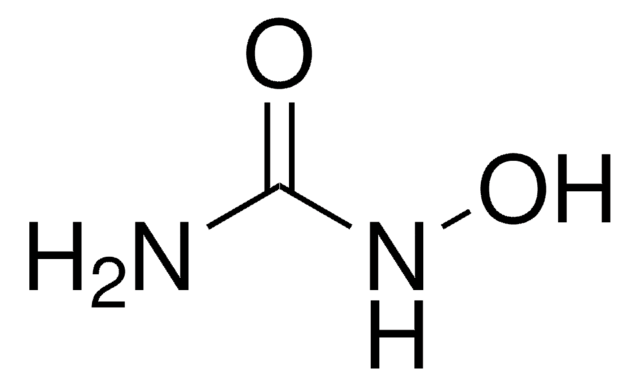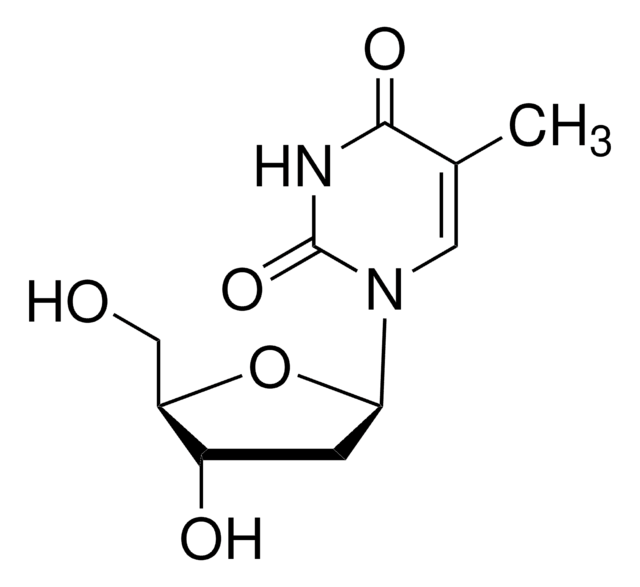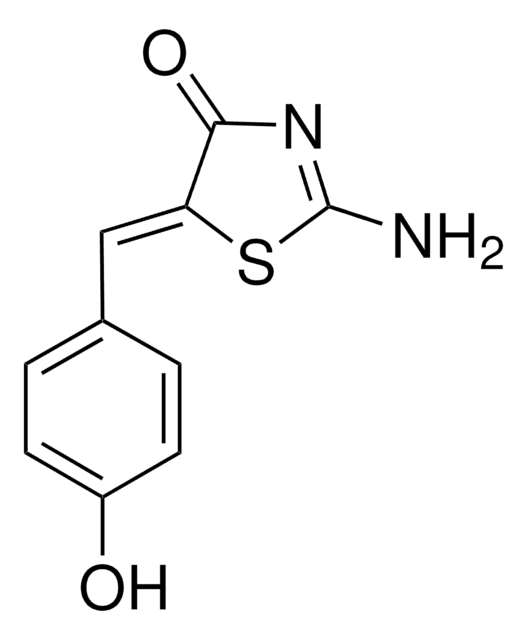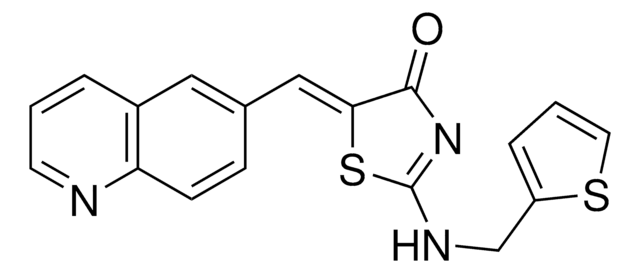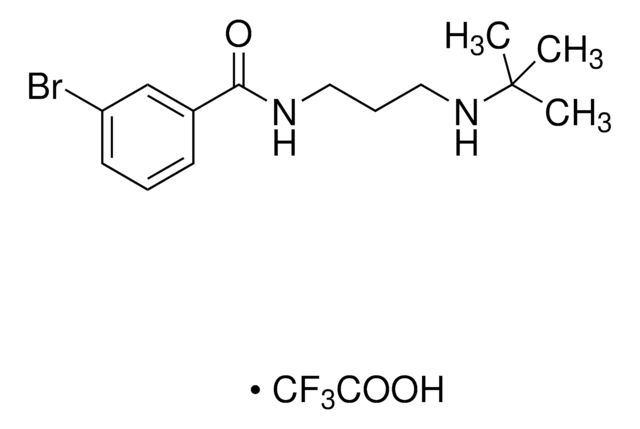H8627
Hydroxyurea
98% (elemental analysis), powder, RNR inhibitor
Synonym(s):
Hydroxycarbamide
About This Item
Recommended Products
product name
Hydroxyurea, 98%, powder
Quality Level
Assay
98%
form
powder
color
white
solubility
H2O: 50 mg/mL
storage temp.
2-8°C
SMILES string
NC(=O)NO
InChI
1S/CH4N2O2/c2-1(4)3-5/h5H,(H3,2,3,4)
InChI key
VSNHCAURESNICA-UHFFFAOYSA-N
Gene Information
human ... CA1(759) , CA2(760) , CYP1A2(1544) , RRM1(6240) , RRM2(6241) , RRM2B(50484)
Looking for similar products? Visit Product Comparison Guide
General description
Application
- for cell cycle synchronization in MCF-7 human breast carcinoma cells, Schizosaccharomyces pombe, primary root of seedling
- as a drug for treating the parasite Leishmania mexicana in cell viability and cell cycle assay
- as an inhibitor in the cell adhesion and motility assay in Caki control and CD9 knockdown cells
Biochem/physiol Actions
Features and Benefits
Signal Word
Danger
Hazard Statements
Precautionary Statements
Hazard Classifications
Muta. 1B - Repr. 2
Storage Class Code
6.1C - Combustible acute toxic Cat.3 / toxic compounds or compounds which causing chronic effects
WGK
WGK 3
Flash Point(F)
Not applicable
Flash Point(C)
Not applicable
Personal Protective Equipment
Certificates of Analysis (COA)
Search for Certificates of Analysis (COA) by entering the products Lot/Batch Number. Lot and Batch Numbers can be found on a product’s label following the words ‘Lot’ or ‘Batch’.
Already Own This Product?
Find documentation for the products that you have recently purchased in the Document Library.
Customers Also Viewed
Related Content
Apoptosis, or programmed cell death (PCD), is a selective process for the removal of unnecessary, infected or transformed cells in various biological systems. As it plays a role in the homeostasis of multicellular organisms, apoptosis is tightly regulated through two principal pathways by a number of regulatory and effector molecules.
n proliferating cells, the cell cycle consists of four phases. Gap 1 (G1) is the interval between mitosis and DNA replication that is characterized by cell growth. Replication of DNA occurs during the synthesis (S) phase, which is followed by a second gap phase (G2) during which growth and preparation for cell division occurs. Together, these three stages comprise the interphase phase of the cell cycle. Interphase is followed by the mitotic (M) phase.
Our team of scientists has experience in all areas of research including Life Science, Material Science, Chemical Synthesis, Chromatography, Analytical and many others.
Contact Technical Service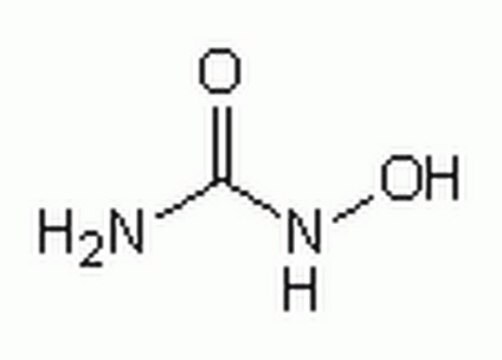

![[Glu1]-Fibrinopeptide B human ≥90% (HPLC)](/deepweb/assets/sigmaaldrich/product/structures/122/537/7ead5c32-cb67-4325-9ce7-66c8dec24bdd/640/7ead5c32-cb67-4325-9ce7-66c8dec24bdd.png)

